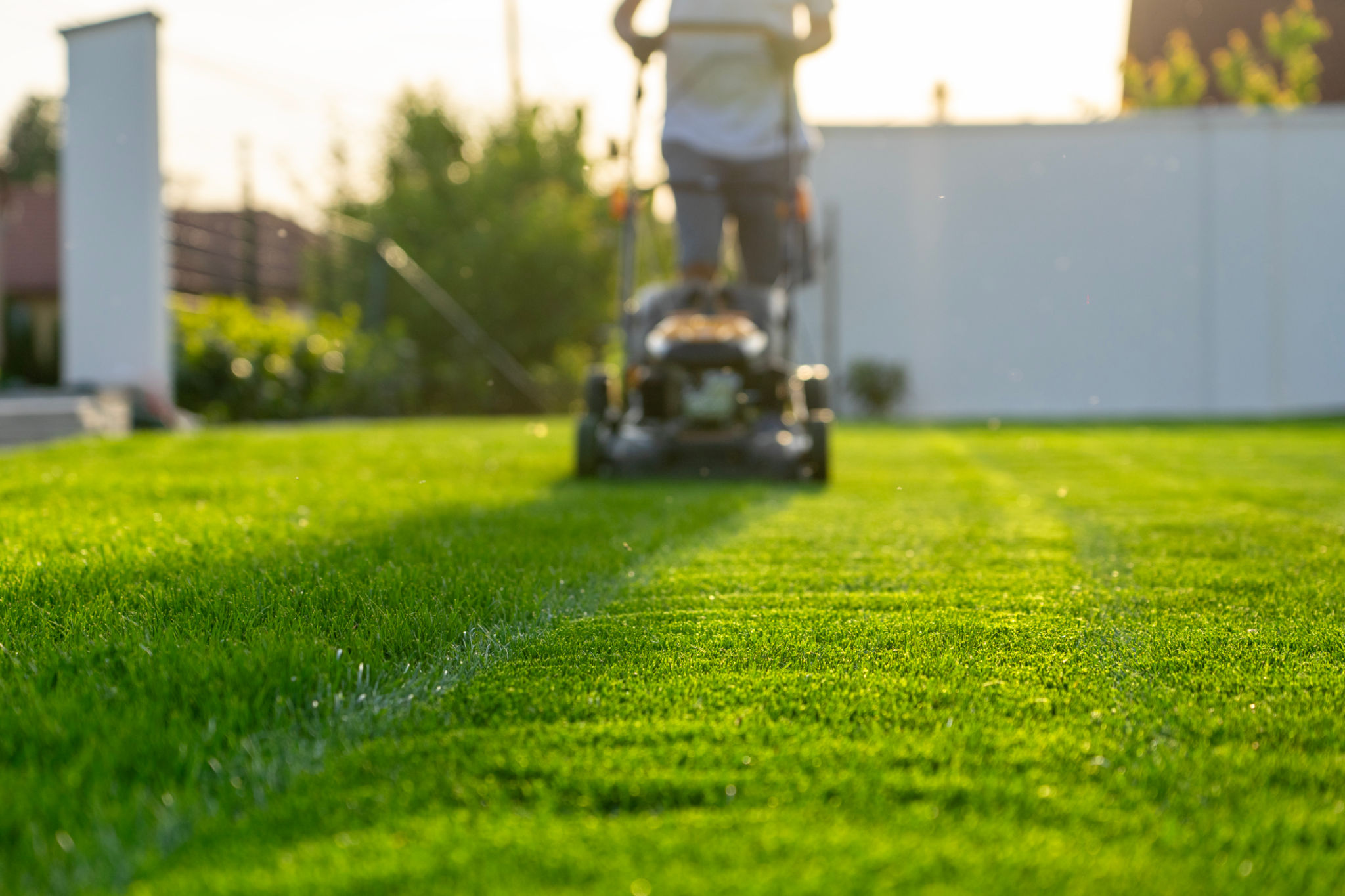Licking County Lawn Care: Seasonal Tips for a Lush, Green Lawn
Understanding Your Lawn's Needs
Maintaining a lush, green lawn in Licking County requires an understanding of the seasonal changes and the specific needs of your grass. The local climate plays a significant role in determining the best practices for lawn care throughout the year. Knowing when to fertilize, water, and mow can make all the difference in achieving a thriving lawn.

Spring: Preparing for Growth
As temperatures rise and the snow melts, spring is the ideal time to prepare your lawn for new growth. Start by raking away any debris and dead grass left from winter. This helps to aerate the soil and allows new seeds to take root. Applying a slow-release fertilizer in early spring provides essential nutrients for robust growth.
It's also important to test your soil's pH level. Licking County soils tend to be acidic, so adding lime may be necessary to balance the pH and improve nutrient absorption. Additionally, consider overseeding any bare spots to ensure a uniform lawn.
Summer: Maintaining Health and Vitality
During the hot summer months, keeping your lawn hydrated is crucial. Water deeply but infrequently, aiming for about an inch of water per week. This encourages deep root growth, making your lawn more drought-resistant. It's best to water early in the morning to minimize evaporation.

Mowing your lawn correctly is another key aspect of summer care. Keep the grass higher during this season—around 3 inches—to provide shade for the roots and reduce water loss. Make sure your mower blades are sharp to prevent tearing the grass, which can lead to brown tips.
Fall: Preparing for Dormancy
As fall approaches, it's time to prepare your lawn for the cooler months ahead. Begin by continuing regular watering until the first frost. Aerating your lawn in early fall helps relieve soil compaction and improves root development. This is also an excellent time to apply a high-potassium fertilizer to strengthen the roots before winter.

Consider doing a final round of overseeding in fall to fill in bare patches and ensure a thick, healthy lawn come spring. Rake fallen leaves regularly to prevent them from smothering the grass and creating fungal issues.
Winter: Protecting Your Lawn
Although your lawn will be dormant during winter, there are still steps you can take to protect it. Avoid walking on frozen grass, as this can cause damage that will be evident come spring. If you experience heavy snowfall, try to distribute it evenly across your lawn to prevent any one area from being overly compacted.
Remember that while winter is a time of rest for your lawn, it’s also an opportunity for you to plan next season's care routine. Keep these seasonal tips handy, and you'll be well on your way to enjoying a lush, green lawn year-round in Licking County.